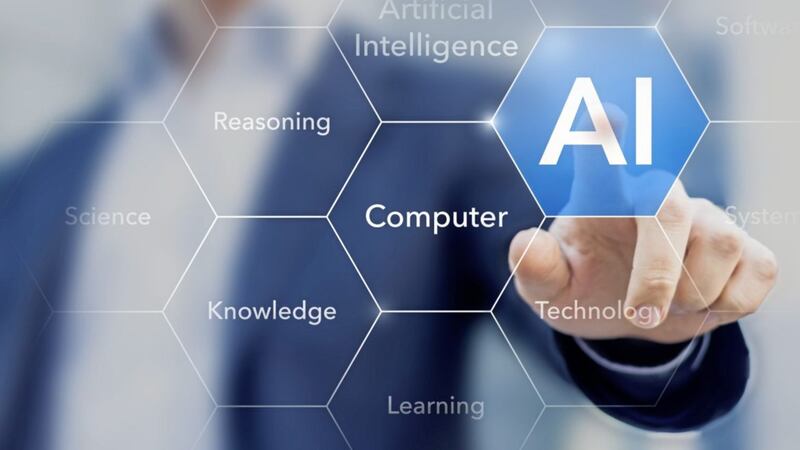BUSINESS intelligence (BI) has evolved from the monotonous perusal of paper-binders to cloud-based data warehouses that process multiple terabytes of information almost instantly. In fact this business data can now be viewed by business owners on mobile devices while out of the office at any time, and on any day!
This gives an accurate business insight and helps to make better informed operational decisions. The key to cutting edge business success will be how managers from the top down, access streamlined information, whether they are behind a desk or out of the office.
As technology and processing power continues to grow, and the more forward thinking business management software providers, even for SMEs, develop inbuilt artificial intelligence (AI) – helping to predict future trends – previously unforeseen business opportunities will be created.
It’s important to grasp that this is not part of a futuristic film – Business Intelligence is already being used to improve business in real time.
In 2004, Campbell’s Soup, was the first to use an algorithm that instinctively monitors weather in specific locations for temperature fluctuations and then compares this data with pre-set triggers. When a location reaches a certain threshold and triggers are activated, Campbell’s will ramp up location-based marketing. For instance, the company increases local radio ads when unusually cold weather hits these locations. The company has evolved that model and now uses more advanced big data to improve sales.
Many technological advances that shape our reality, were first met with scepticism. With that in mind, it’s important to consider how arising challenges have fuelled new innovations, so that we may better understand how BI will advance in the future. Competitive intelligence has always been a huge factor in getting ahead. The film 'The Imitation Game', which details the life and work of Alan Turing, tells the story of how technological need, and perseverance in the face of doubt, can create unmatched competitive advantages.
Today, thanks to Apple, we have more power in our smartphones than was used to send astronauts to the moon, and it only took about 30 years for this technology to evolve.
The term business intelligence was coined in 1958 by IBM researcher Hans Peter Luhn, who defined it as “the ability to apprehend the interrelationships of presented facts in such a way as to guide action towards a desired goal.” At that time, BI in practice required teams of analysts to pore over information on paper.
Eventually, the networking of multiple databases (cloud computing as we call it today) improved processing times by enabling data queries and updates to be handled simultaneously. Growth in technology, along with rising demand to understand the insights that data holds, led us to big data. Organisations now have more access to information than ever before, but for most, it’s too complicated to understand.
The incredible processing power of cloud-networked data warehouses, can create connections between multiple BI systems that provide organisations with a holistic view of operational analytics. Until the iPhone era was introduced, access to this knowledge was limited to desktop computers.
Before smartphones, big data was historically an enterprise function, and many analysts thought enterprise for mobile wouldn’t work. But, the business need for mobile intelligence was too strong to ignore.
Mobile friendly data visualisation companies that focus on user friendly experience and in-memory analytics, better serve business needs by cutting down on time to analyse. Eventually, companies that embrace mobile processing power and AI will give way to a new era in reporting and decision-making.
Artificial intelligence will become an even more critical component, as companies will no longer have the luxury of waiting for executives behind desks to make decisions, while their competitors beat them in the field. Additionally, it will automate certain operations that currently require human decision-makers, enabling a level of efficiency we never thought possible.
Freed from these tasks, and armed with unimaginable insights of the business, the future survival of enterprise organisations and SMEs alike will depend on the tools they have in place, and the cleverness of their employees.
To ensure success, business people should align their organisations, however small, with mobile tools that deliver instant, dynamic analytics. Because when technology levels the playing field, adaptable companies will be the ones that live on.
:: Trevor Bingham (editorial@itfuel.com) is business relationship manager at ItFuel in Craigavon. Follow them on Twitter @itfuel







